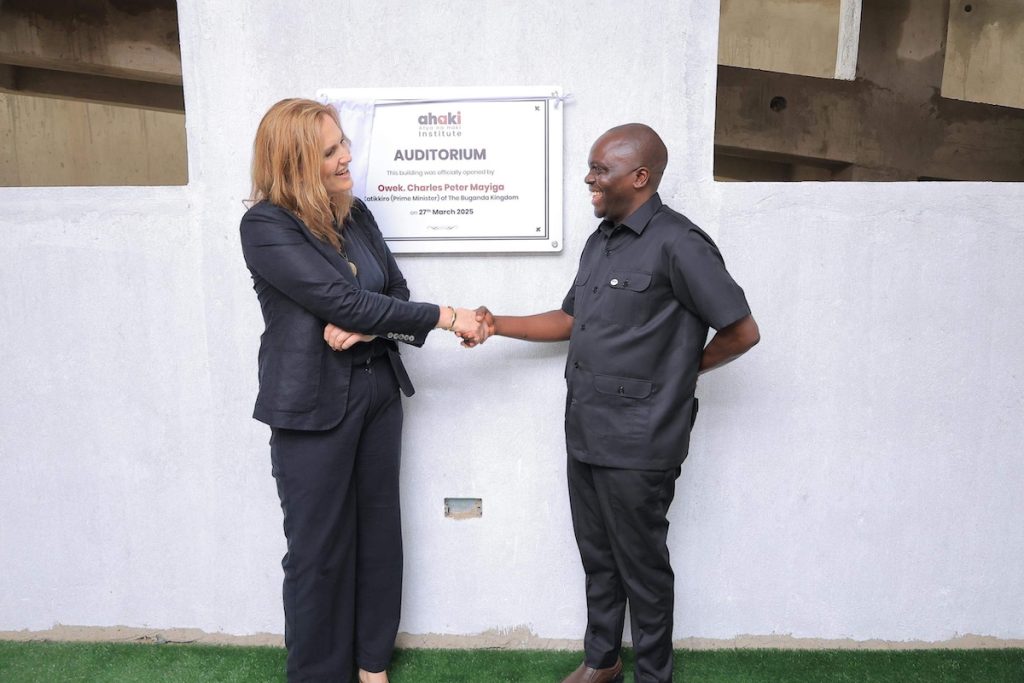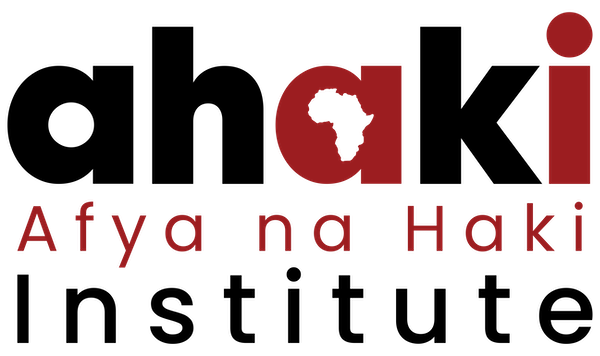The launch of the Afya na Haki (Ahaki) Institute began with the Ugandan National Anthem, followed by the stirring Swahili notes of the Institute’s anthem: “Ahaki! Twasimama imara kwako.” In attendance were dignitaries and stakeholders, including members of Ahaki’s Board of Trustees and Advisory Board, representatives from the office of the Nnabagereka, government officials, and the Ambassador of the Kingdom of the Netherlands to Uganda. Together, they bore witness to the reclamation of African knowledge systems, practices, and values, embodied in an Africentric Institute dedicated to harnessing the potential of multidisciplinary professionals in service of health and social justice.
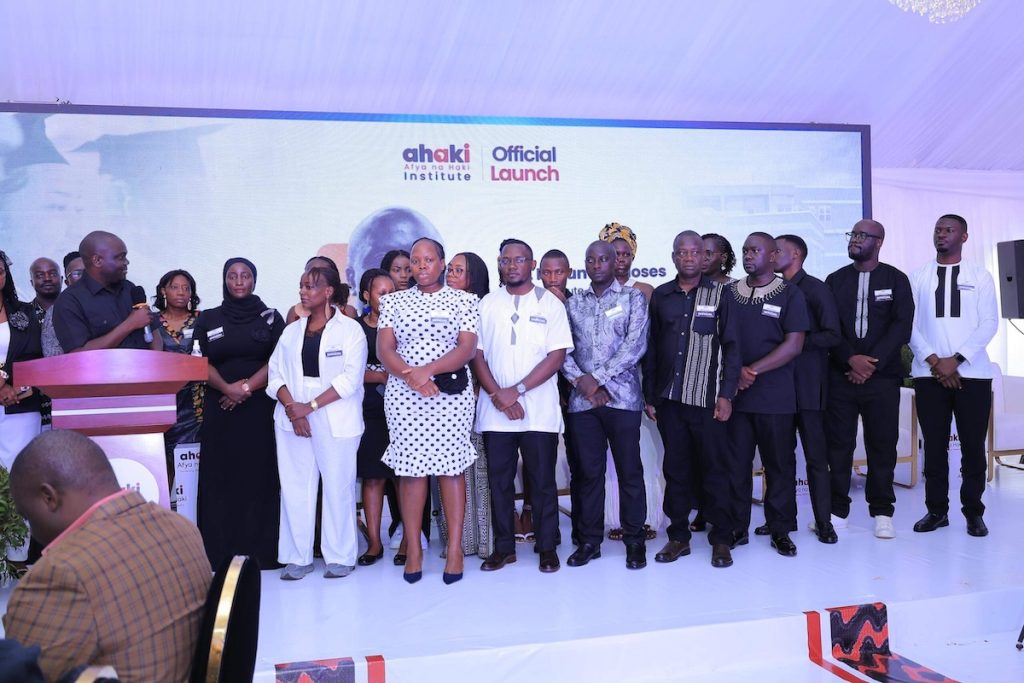
Speakers and panelists included Professor Ben Twinomugisha, Professor Moses Mulumba, Professor Nakanyike Musisi, Professor Sseggane Musisi, Owek. Cotilda Nakate Kikomeko, H.E. Frederieke Quispel, and many others. They described the Institute as a hub for transformative education, research, and academic excellence, emphasizing its timeliness given Uganda’s growing burden of non-communicable diseases and the current global political economy.
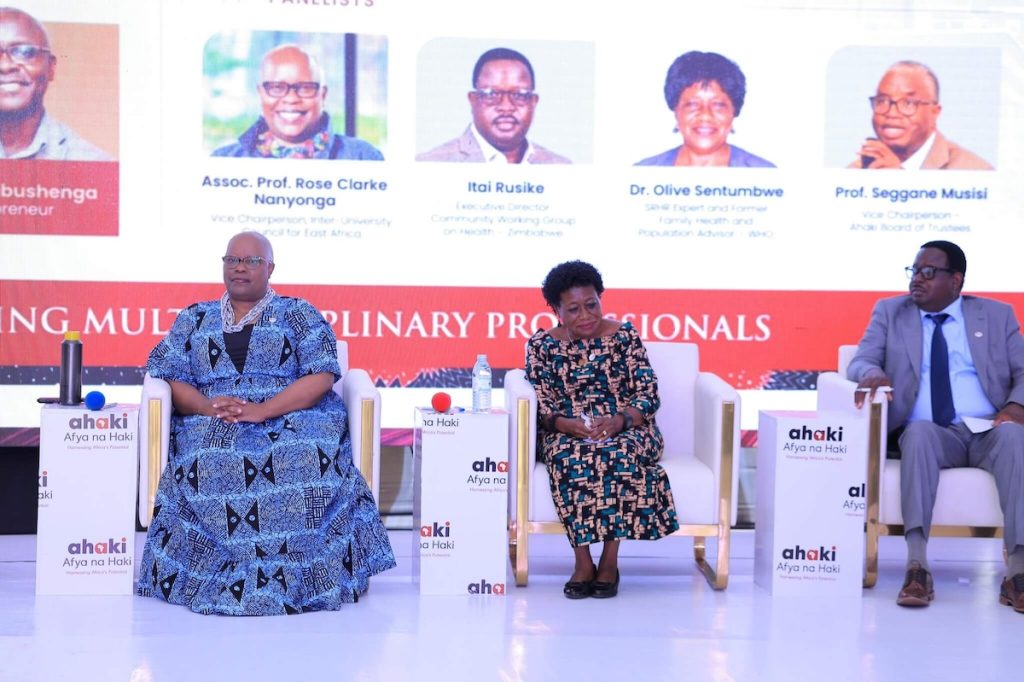
Speakers also highlighted the urgent need for organisations to transform into social enterprises and to decolonise rigid disciplinary structures imposed by colonial systems by embracing multidisciplinarity. They further addressed Africa’s ongoing brain drain, the exodus of brilliant minds in health and social justice who leave the continent in pursuit of opportunities abroad. The Ahaki Institute, they noted, plays a crucial role in reversing this trend by creating opportunities for African scholars and professionals to contribute meaningfully to their home countries. The Institute contributes to a self-reliant Africa by empowering African individuals through education, fostering development, and strengthening communities.
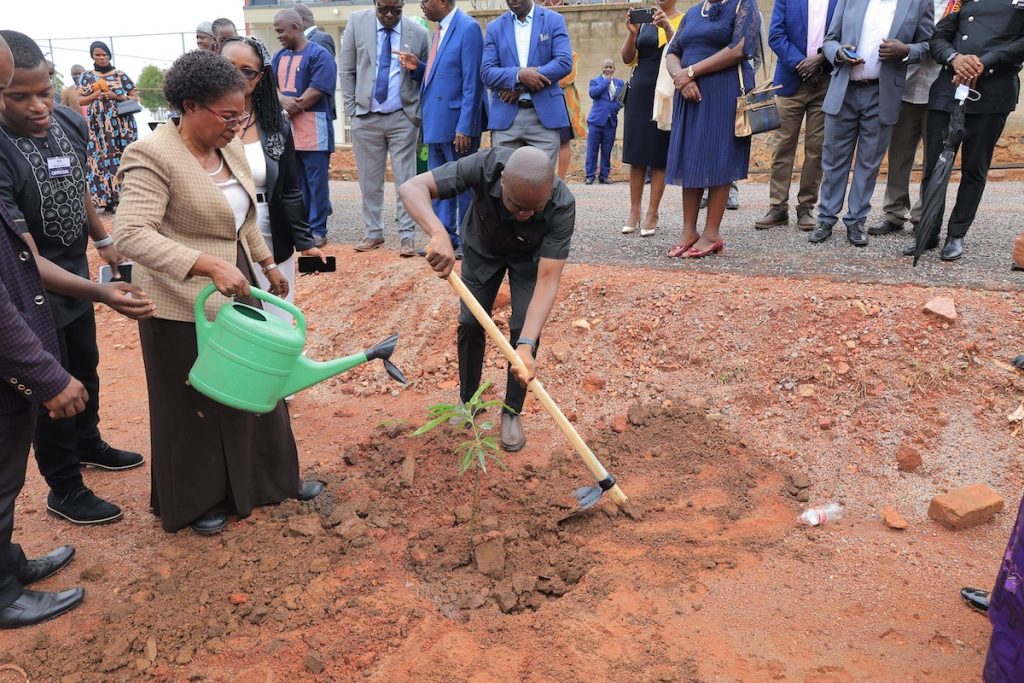
During the event, the African Journal on Health and Social Justice was also launched. Envisioned as a marketplace of ideas, the journal aims to foster rigorous dialogue and collective understanding in the generation and ownership of Africentric knowledge. Speakers noted that the journal represents a critical step in recognising the value of Indigenous knowledge, which is often dismissed as outdated, despite its invaluable insights, particularly in the sphere of health and social justice.
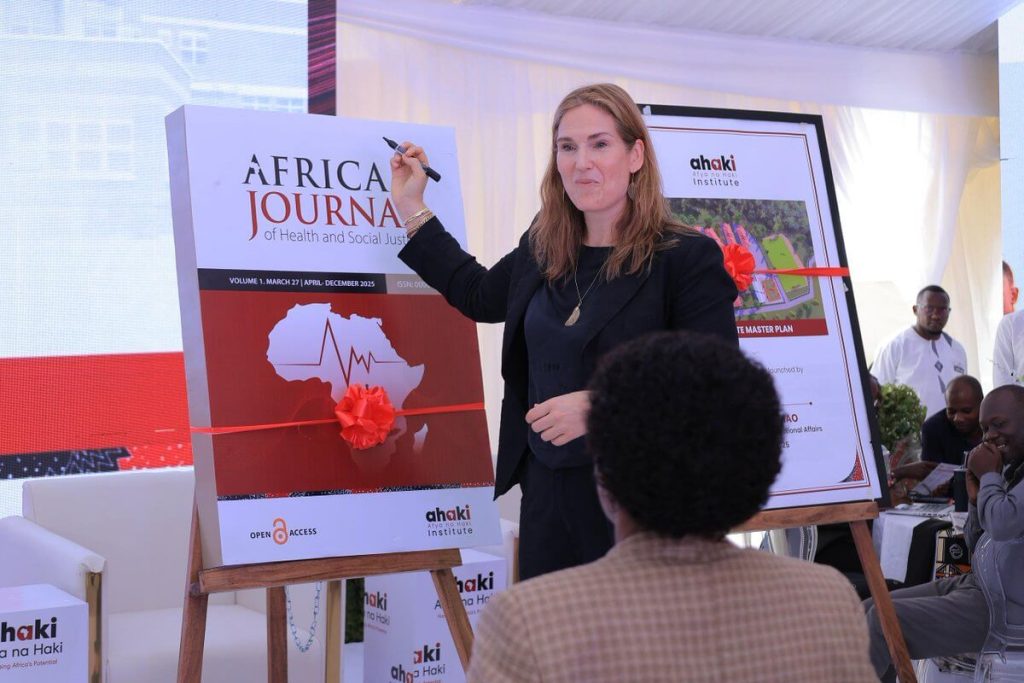
In recognition of its significance, the Ahaki Institute was congratulated and encouraged to strengthen its partnerships, invest in research and innovation, and consider scholarships and flexible payment plans for students. The event was a resounding success and a powerful display of African excellence in knowledge production and institutional innovation.
